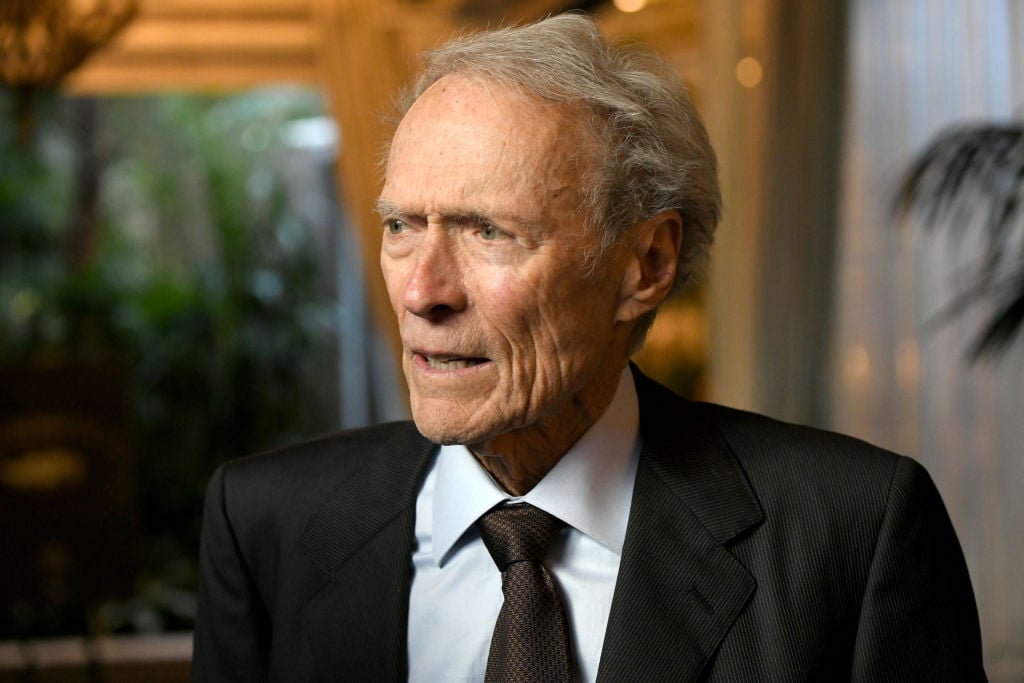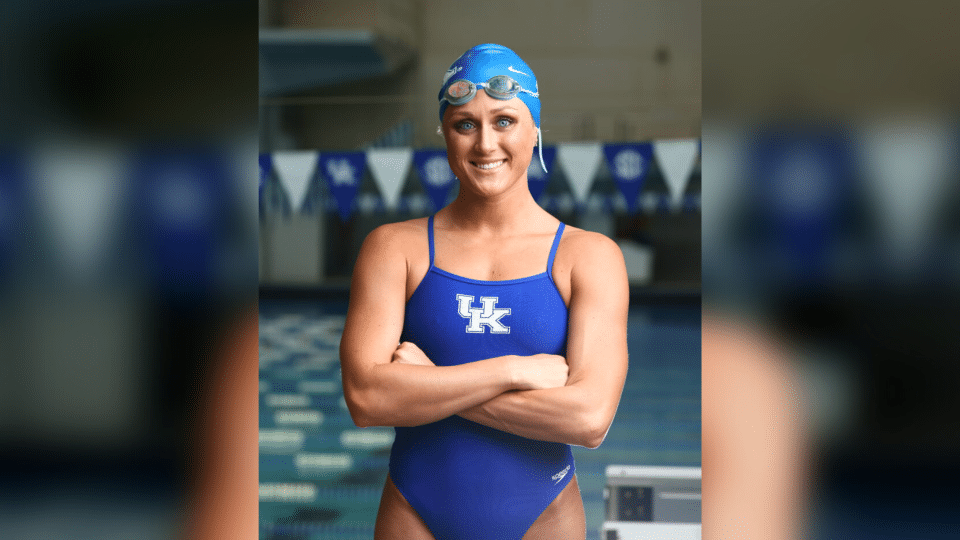
In a surprising and exciting announcement, rock icon Kid Rock and wrestling legend Hulk Hogan have teamed up for a unique and highly anticipated “Freedom Forever Tour.” This collaboration brings together two larger-than-life personalities who share a passion for entertaining their fans and celebrating American culture.
The Dynamic Duo
Kid Rock, known for his eclectic blend of rock, hip-hop, and country music, has been a prominent figure in the music industry since the late 1990s. With hits like “Bawitdaba,” “Cowboy,” and “Picture,” he has amassed a loyal fan base and earned a reputation for his high-energy performances and rebellious spirit.
Hulk Hogan, on the other hand, is a household name in the world of professional wrestling. With his iconic “Hulkamania” persona, he dominated the wrestling scene in the 1980s and 1990s, becoming one of the most recognizable and beloved figures in sports entertainment. Hogan’s charisma and larger-than-life presence have made him a cultural icon beyond the wrestling ring.
A Celebration of Freedom
The “Freedom Forever Tour” is more than just a series of concerts and appearances; it is a celebration of freedom, individuality, and the American spirit. Both Kid Rock and Hulk Hogan have been vocal about their love for their country and their appreciation for the freedoms it offers. This tour aims to bring people together through music, entertainment, and a shared sense of patriotism.
What to Expect
Fans attending the “Freedom Forever Tour” can expect an unforgettable experience. Kid Rock’s performances are known for their electrifying energy, blending various musical genres to create a unique and engaging show. With a career spanning over two decades, he has a vast catalog of hits to draw from, ensuring that there will be something for everyone.
Hulk Hogan will bring his trademark charisma and showmanship to the tour, engaging with fans through special appearances, meet-and-greets, and perhaps even some in-ring action. Hogan’s presence adds an extra layer of excitement and nostalgia for fans who have followed his career over the years.
A Tour with a Cause
In addition to celebrating freedom and entertainment, the “Freedom Forever Tour” will also support various charitable causes. Both Kid Rock and Hulk Hogan have a history of philanthropy and community involvement. A portion of the proceeds from the tour will be donated to organizations that support veterans, first responders, and other groups dedicated to preserving the freedoms and values that the tour celebrates.
Conclusion
The “Freedom Forever Tour” promises to be a one-of-a-kind event that brings together the worlds of music and wrestling in a celebration of freedom, individuality, and American culture. With Kid Rock’s electrifying performances and Hulk Hogan’s larger-than-life presence, fans are in for an unforgettable experience. Whether you’re a longtime fan of Kid Rock’s music or have been a Hulkamaniac since the ’80s, this tour is sure to offer something special for everyone. Don’t miss your chance to be a part of this historic collaboration and celebrate freedom like never before.

Sam Elliott and Kurt Russell join Clint Eastwood’s anti-woke actors’ union: “We’re here to remind Hollywood that good stories don’t need to be compromised by agendas. We’re bringing back the spirit of the old West—straight-shooting, honest, and unapologetic.”

The Return to Authentic Storytelling in Hollywood: A Call for Uncompromised Narratives
In an era where Hollywood is often accused of prioritizing agendas over storytelling, a group of actors has made a bold statement. “We’re here to remind Hollywood that good stories don’t need to be compromised by agendas. We’re bringing back the spirit of the old West—straight-shooting, honest, and unapologetic,” they declared. This proclamation is not just a critique of contemporary filmmaking but a call to action for a return to authenticity and integrity in storytelling.
At the heart of this statement is a longing for the golden age of Hollywood, where narratives were driven by compelling characters and universal themes rather than the need to adhere to prevailing social or political trends. The spirit of the old West, referenced by the actors, evokes images of rugged individualism, moral clarity, and straightforward storytelling. It represents a time when movies and television shows captivated audiences with their raw, unfiltered portrayals of human experiences.
The concern raised by these actors is that modern Hollywood, in its quest to be progressive and inclusive, sometimes loses sight of the fundamental elements that make a story resonate. While the intention behind including diverse perspectives is commendable and necessary, there is a fine line between enhancing a narrative and overshadowing it with a didactic agenda. When a film or a show becomes more about conveying a message than telling a story, it risks alienating its audience.
This call for a return to straightforward, honest storytelling does not imply a rejection of diversity or the inclusion of different viewpoints. Rather, it emphasizes the importance of integrating these elements organically into the narrative. A well-told story naturally reflects the complexity of the human experience, including its diversity. Characters of different backgrounds, beliefs, and identities can and should be part of compelling stories, but their inclusion should serve the narrative, not the other way around.
Moreover, the actors’ reference to being “unapologetic” is a call for creative freedom. Artists should not feel pressured to conform to external expectations or to self-censor for fear of backlash. True artistry thrives in an environment where creators can explore themes and ideas freely, even if they are controversial or unpopular. The best stories often come from a place of honesty and courage, where the creator’s vision is not diluted by external influences.

The Western genre itself is a prime example of storytelling that is both simple and profound. Westerns have historically dealt with themes of justice, freedom, and human resilience. They are often set in a world where the lines between right and wrong are clear, but the paths to achieving justice are fraught with moral ambiguity. This genre’s appeal lies in its ability to present complex human dilemmas in a straightforward, engaging manner. The call to bring back this spirit suggests a desire for stories that are not afraid to tackle big questions without getting bogged down by the need to please everyone.
In today’s fast-paced media landscape, where content is consumed rapidly and opinions are formed instantly, there is a real risk of sacrificing depth for immediacy. The actors’ statement is a reminder that good stories take time to develop and should not be rushed to fit into a particular mold. Audiences crave authenticity, and they can tell when a story is genuine or when it is pandering.
The actors’ joint statement serves as a powerful reminder to Hollywood and to all storytellers: the core of any good narrative lies in its honesty and its ability to connect with people on a human level. It is a call to prioritize the art of storytelling over the need to align with specific agendas. By doing so, Hollywood can return to creating timeless stories that resonate across generations, just like the tales from the old West.
In conclusion, the push for uncompromised narratives in Hollywood is not a rejection of progress but a plea for balance. It is an invitation to create stories that are inclusive and diverse without losing their essence. By bringing back the spirit of the old West—straight-shooting, honest, and unapologetic—Hollywood can continue to evolve while staying true to the art of storytelling.
Swimmer Riley Gaines scored a victory against the NCAA, securing a $50 million settlement for unfair distribution of medals, a major win for her and critics of sporting inequalities. 😮
Riley Gaines Wins $50 Million Lawsuit Against NCAA for Unfair Medal Distribution, “A Victory Against Wokeness”
The dispute stems from Gaines’ contention that the NCAA unfairly distributed medals in favor of Lia Thomas, a transgender swimmer who has been at the center of controversy regarding her participation in women’s swimming competitions. Gaines argued that the NCAA’s handling of the situation not only disregarded fairness and meritocracy but also undermined the integrity of competitive sports.
Gaines, a decorated swimmer in her own right, felt that her achievements were overshadowed by the NCAA’s decision to prioritize inclusivity over athletic excellence. The $50 million settlement serves as vindication for Gaines and reaffirms the principle that merit should be the primary criterion for success in sports.
In a statement following the settlement, Gaines expressed her relief and gratitude for the resolution of the dispute. “This victory is about more than just monetary compensation,” she remarked. “It’s a testament to the importance of upholding fairness and integrity in sports, and I hope it serves as a wake-up call for organizations like the NCAA to prioritize these values moving forward.”

The lawsuit and subsequent settlement have reignited debates about the role of wokeness in sports and the balance between inclusivity and competitiveness. While many applaud Gaines for standing up against what they perceive as the undue influence of political correctness, others argue that her actions undermine efforts to create a more inclusive and equitable sporting environment.
Supporters of Gaines argue that her victory represents a triumph of meritocracy over identity politics. They contend that athletes should be judged solely on their performance and achievements, rather than factors such as gender identity or political ideology. By challenging the NCAA’s decision, Gaines has emerged as a champion for fairness and integrity in sports.

However, critics argue that Gaines’ lawsuit is an attempt to roll back progress towards greater inclusivity in sports. They argue that initiatives such as allowing transgender athletes to compete according to their gender identity are essential steps towards creating a more diverse and welcoming athletic community. By challenging these initiatives, Gaines and her supporters risk perpetuating discrimination and exclusion in sports.
The $50 million settlement serves as a reminder of the complex and often contentious nature of sports in modern society. While sports have the power to unite people from diverse backgrounds and promote values such as teamwork and perseverance, they also reflect the broader social and political tensions of the time.
As the debate over wokeness in sports continues to unfold, it is essential to remember the importance of balance and nuance. While inclusivity and diversity are undoubtedly crucial goals, they must be pursued in a manner that does not compromise the fundamental principles of fairness and meritocracy.
In the case of Riley Gaines, her victory in the lawsuit against the NCAA represents a significant moment in the ongoing dialogue about the future of sports. By standing up for what she believes in and challenging the status quo, Gaines has not only secured a substantial settlement but also sparked important conversations about the values that should guide the world of athletics.










